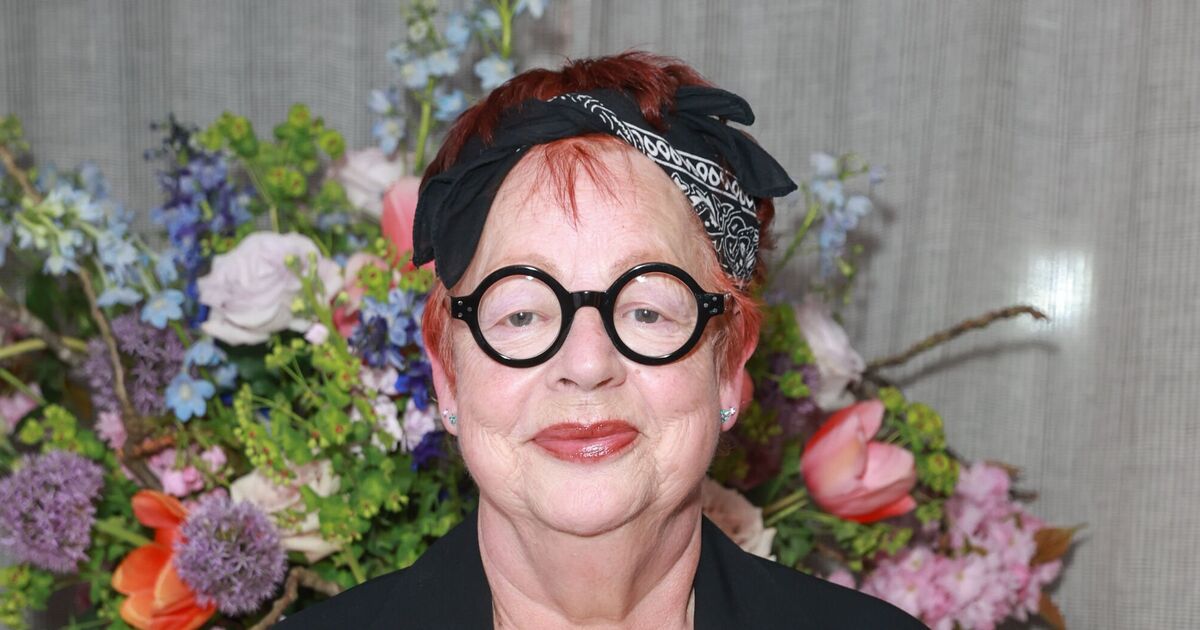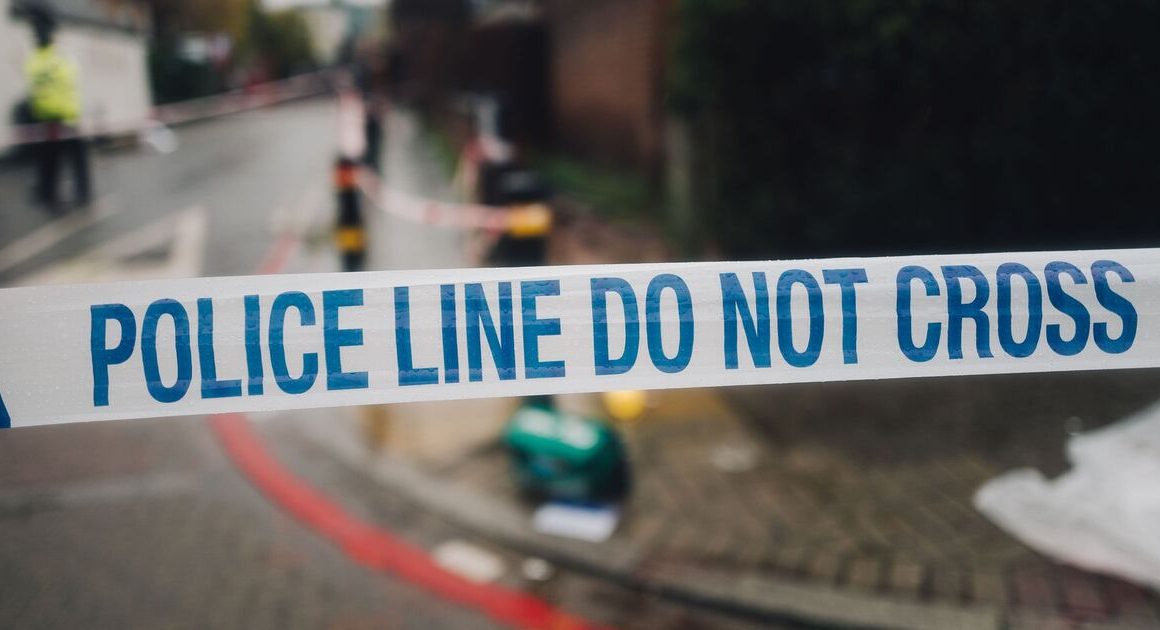Comedian Jo Brand is leading a hospice fundraising campaign after seeing the “sanctuary” it gave her terminally ill brother in his final months.
Her younger brother Matt died in 2016 while older brother Bill died in 2021.
Jo’s push comes as it is revealed hospice care for 30,000 people a year would be at risk without money left as gifts left in wills.
Bill was cared for at St Michael’s Hospice in St Leonards On Sea, East Sussex.
Mum-of-two Jo, 67, said: “I had two lovely brothers. Matt died in 2016 in Germany, where he had lived since he was about 20 and Bill, my older brother, died in 2021.
“The hospice turned out to be an oasis at the end of a very arduous and painful road and I can’t thank them enough for providing a welcoming, calm and kind environment. It meant a great deal to me.”
She said the facility had been a “welcome sanctuary for us as a family at the end of his life”, adding: “I’m so grateful for the kindness and care shown to us by the hospice staff and that’s why I’m delighted to be supporting such an important cause. Legacy gifts, no matter how small, make a huge difference – so I’d encourage you all to consider supporting your chosen hospice.”
Hospice UK has brought together a coalition of 143 hospices across England, Scotland and Wales to shine a light on the “critical role of gifts in wills”.
Legacy giving of around £294 million funds the equivalent of hospice care for 30,000 people a year across the four nations of the UK or 6,000 hospice nurses annually, the charity said.
The drive comes after the Express laid bare the financial ruin of community institutions that derive their dwindling revenue from generous donors, cake and jumble sales, and benefactors who leave gifts in wills. Many have been forced to slash staff and close beds because a mounting cost of living crisis and unsustainable energy costs meant they could no longer afford to operate at full capacity.
There are around 170 hospices providing end of life care for adults and 40 for children and young people with some facilities providing care to both.
Most hospices are charitable, independent organisations which receive some statutory funding for providing NHS services. The amount each receives varies but is administered by local
Integrated Care Boards. MPs have been fiercely critical of the way cash is distributed, taking no account of huge rises in energy bills – with some hospices saying they have been forced to stomach increases of 40% – nor wage and inflation hikes.
The Express was the first to highlight the national emergency, revealing hospices were collectively budgeting for a near £200 million deficit this year.
Rising inflation, increased energy costs and a downturn in donations led some being forced to cut services by 10 per cent.
The crisis plunged St Mary’s Hospice in Ulverston into a “perilous position” with bosses fearing they would have to do the unthinkable and close beds and axe services.
Speaking before the announcement local MP Tim Farron said: “Hospitals don’t have resources to replicate hospice care but the costs of running hospices have gone through the roof.”
MPs told how NHS funding – distributed locally by ICBs – had not increased for some hospices for two years, while energy costs had rocketed by two thirds.
The national emergency prompted calls for an urgent action plan to create a top-level “good death policy” to protect cherished institutions where “life is added to days where days can no longer be added to life”.
Children’s hospices are almost exclusively charities relying on voluntary income to continue lifeline services.
Hospices, collectively caring for 300,000 adults and children, have to fundraise 80 per cent of their income from local communities, but the reservoir of goodwill is drying up.
Two thirds have been receiving no more, or reduced levels, of taxpayer-funded support.
The average adult hospice in England gets 32 per cent of its funding from health budgets, while children’s hospices receive 17 per cent.
Catherine Bosworth, of Hospice UK, said: “Hospices support people at the most vulnerable time of their lives, easing the physical and emotional pain of death and dying, letting people focus on living right until the end.
“They provide choice, dignity and help families create lasting memories. They make life’s most difficult moments less scary – but they can only do this with enough funding.
“While the injection of government funds has provided much-needed support for the sector, hospices rely on gifts in wills to continue offering the exceptional care people need.
“Leaving a gift in your will is a powerful and heartfelt way to recognise your chosen hospice for all that they do.”












